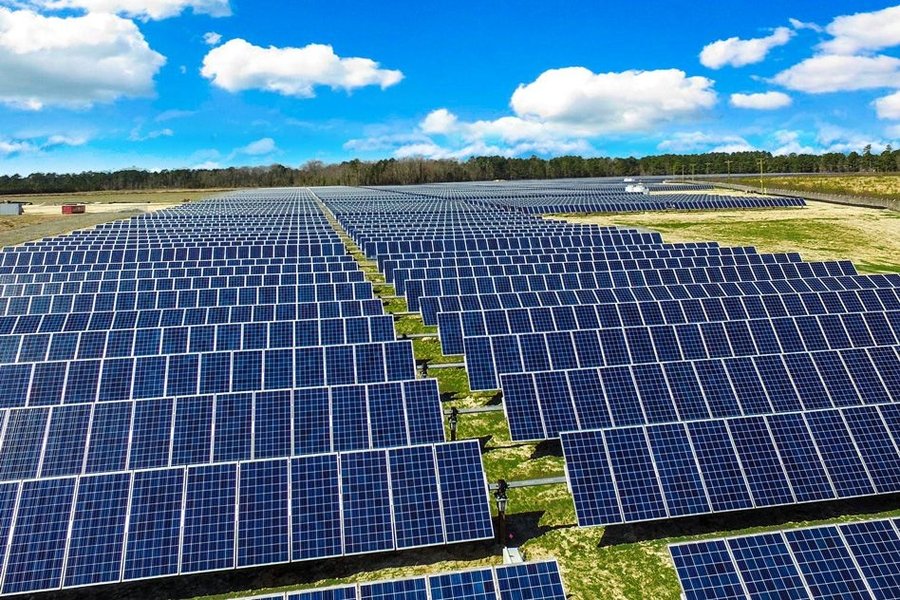Posted At: Jun 02, 2023 - 998 Views

In recent years, several Nigerian businesses have embraced solar energy solutions, marking a transformative shift towards sustainable and environmentally responsible operations. This article highlights noteworthy examples, showcasing the positive effects on these businesses' day-to-day activities, their commitment to environmental responsibility, and the significant long-term cost savings achieved through solar energy adoption.
1. Wandel International Nigeria Limited: This leading Nigerian agricultural and food processing company has integrated solar solutions into its operations. By harnessing solar power for its processing units and facilities, Wandel International has not only reduced its dependence on conv1entional energy sources but has also significantly cut down operational costs. The company's commitment to sustainability is evident through its reduced carbon footprint, contributing to a greener and cleaner environment.
2. ColdHubs: ColdHubs, a Nigerian startup, focuses on providing solar-powered cold storage for perishable foods. By leveraging solar energy to maintain optimal temperatures in their storage units, ColdHubs addresses the challenges of post-harvest losses. This innovative approach not only ensures the freshness and quality of stored produce but also supports local farmers by extending the shelf life of their goods. The use of solar energy aligns with ColdHubs' mission to create a sustainable and efficient cold storage infrastructure across Nigeria.
3. Diamond Bank: Financial institutions like Diamond Bank have also embraced solar energy to power some of their branches. This strategic move enhances energy efficiency and reduces operational costs for the bank. By incorporating solar solutions, Diamond Bank contributes to Nigeria's broader efforts to adopt sustainable practices in the corporate sector.
The adoption of solar energy solutions by these businesses demonstrates a commitment to environmental stewardship, a reduction in operational costs, and a positive impact on their bottom line. These examples serve as inspiring models for other Nigerian businesses looking to enhance their sustainability efforts, contribute to environmental conservation, and secure long-term cost savings.
As the momentum for solar energy adoption continues to grow, these businesses pave the way for a greener and more sustainable future in Nigeria. By sharing these success stories, we aim to inspire more businesses to explore solar solutions, fostering a collective movement towards a cleaner and more energy-efficient business landscape in the country.
